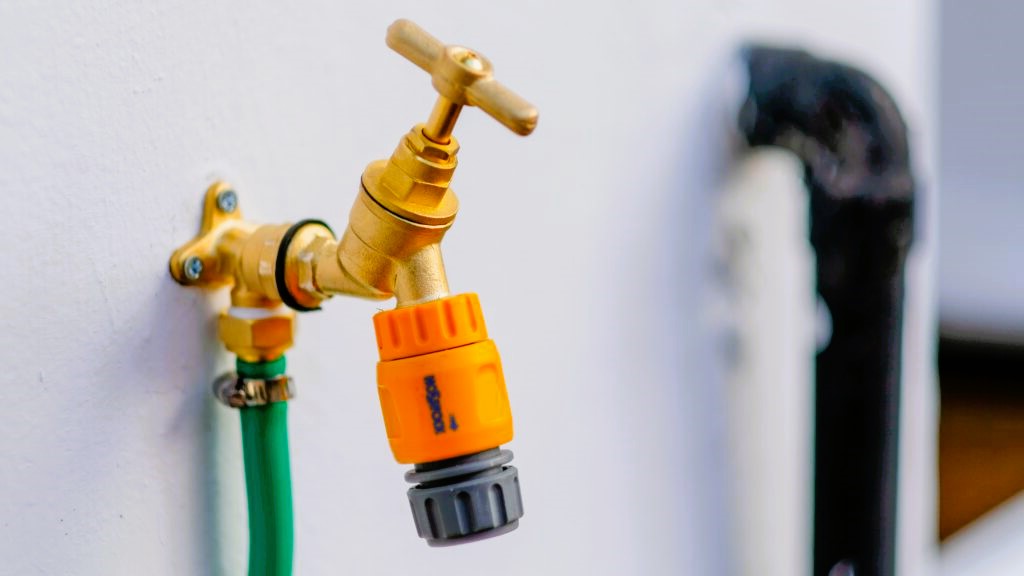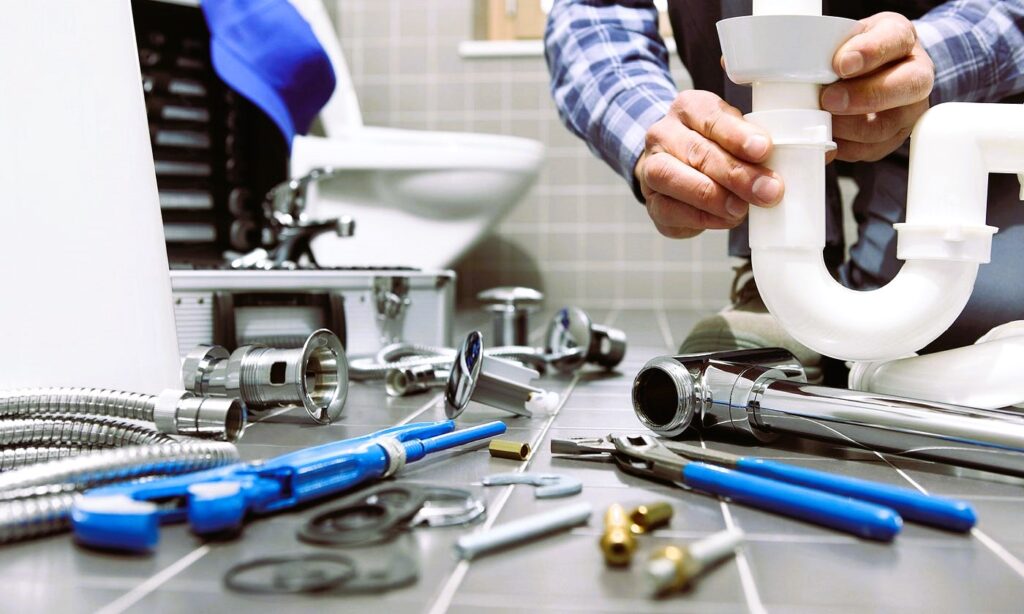Maintaining Your Plumbing System: Seasonal Tips and Tricks
A well-maintained plumbing system is essential for the functionality and longevity of your home. Seasonal changes can impact your plumbing, and taking proactive measures throughout the year can prevent issues and ensure the smooth operation of your plumbing system. In this article, we’ll explore seasonal tips and tricks for maintaining your plumbing, safeguarding against common problems, and promoting the overall health of your home’s water and drainage systems.
1. Spring Plumbing Maintenance
a. Inspect for Winter Damage:
As winter thaws, inspect your plumbing for any damage caused by freezing temperatures. Look for leaks, cracks, or damage to exposed pipes. Addressing these issues promptly can prevent water damage and more extensive repairs.
b. Check Outdoor Faucets and Sprinklers:
Ensure outdoor faucets and sprinkler systems are in working order. Look for leaks and make any necessary repairs. If you disconnected hoses for the winter, reconnect them and check for proper water flow.
c. Inspect Sump Pump:
If you have a sump pump, test it to ensure it’s functioning correctly. Spring rains can lead to increased water levels, and a functioning sump pump is crucial for preventing basement flooding.
2. Summer Plumbing Tips

a. Monitor Water Usage:
Summer often brings increased water usage due to gardening, outdoor activities, and additional guests. Be mindful of your water consumption, and address any leaks promptly to prevent water waste.
b. Inspect Sewer Lines:
Summer is an opportune time to have your sewer lines inspected. Tree roots can infiltrate pipes, leading to clogs and backups. Professional inspections can identify potential issues before they become major problems.
c. Clean Garbage Disposal:
Use citrus peels and ice cubes to clean and refresh your garbage disposal. This helps eliminate odors and keeps the disposal blades sharp. Avoid putting fibrous or starchy items down the disposal to prevent clogs.
3. Fall Plumbing Maintenance
a. Clean Gutters and Downspouts:
Clogged gutters can lead to water overflow, potentially causing damage to your foundation. Clear gutters and downspouts of debris to ensure proper drainage. This prevents water from pooling around your home. Read our complete guide to energy efficient windows.
b. Insulate Pipes:
As temperatures begin to drop, insulate exposed pipes to prevent freezing. Frozen pipes can burst, causing significant water damage. Insulation is a simple and effective preventive measure.
c. Service Water Heater:
Flush your water heater to remove sediment buildup. This improves efficiency and prolongs the life of the water heater. Consider scheduling professional maintenance to address any issues and ensure optimal performance.
4. Winter Plumbing Protection
a. Prevent Frozen Pipes:
Keep your home heated to prevent pipes from freezing. Open cabinet doors under sinks to allow warm air to circulate around pipes. Let faucets drip during extremely cold temperatures to relieve pressure and prevent freezing.
b. Disconnect Outdoor Hoses:
Before winter sets in, disconnect and drain outdoor hoses. Shut off outdoor water faucets and, if possible, use an indoor valve to cut off water supply to outdoor connections.
c. Schedule Professional Inspection:
Winter is an excellent time for a professional plumbing inspection. A plumber can identify potential issues, insulate vulnerable pipes, and ensure your plumbing system is ready to handle colder temperatures.
5. Year-Round Plumbing Care

a. Address Leaks Promptly:
Whether it’s a dripping faucet or a small leak under the sink, address plumbing issues promptly. Even minor leaks can waste water and lead to more significant problems if left unattended.
b. Use Drain Screens:
Install drain screens in sinks and tubs to catch hair and debris. This simple addition can prevent clogs and reduce the likelihood of needing professional drain cleaning.
c. Know the Location of Shut-Off Valves:
Familiarize yourself with the location of shut-off valves for water supply to various fixtures and appliances. Knowing how to turn off the water quickly can prevent extensive water damage in case of a plumbing emergency.
Conclusion
Seasonal plumbing maintenance is a proactive approach to preserving the integrity of your home’s plumbing system. By taking steps throughout the year to address potential issues, you can avoid costly repairs and ensure a reliable supply of water. Whether it’s preparing for winter, managing summer water usage, or conducting routine inspections, these seasonal tips and tricks contribute to the overall health of your plumbing.
For more information on plumbing maintenance, visit Wikipedia. Stay informed about local plumbing codes, water conservation practices, and advancements in plumbing technology to make informed decisions about your home’s plumbing needs. Regular maintenance and vigilance are key to enjoying a well-functioning and efficient plumbing system year-round.

